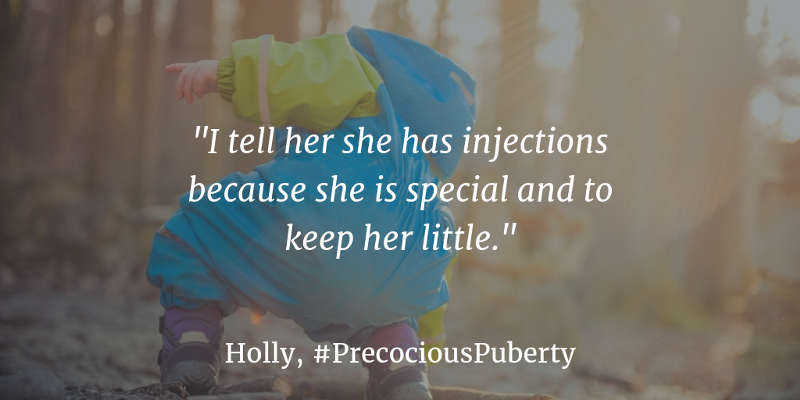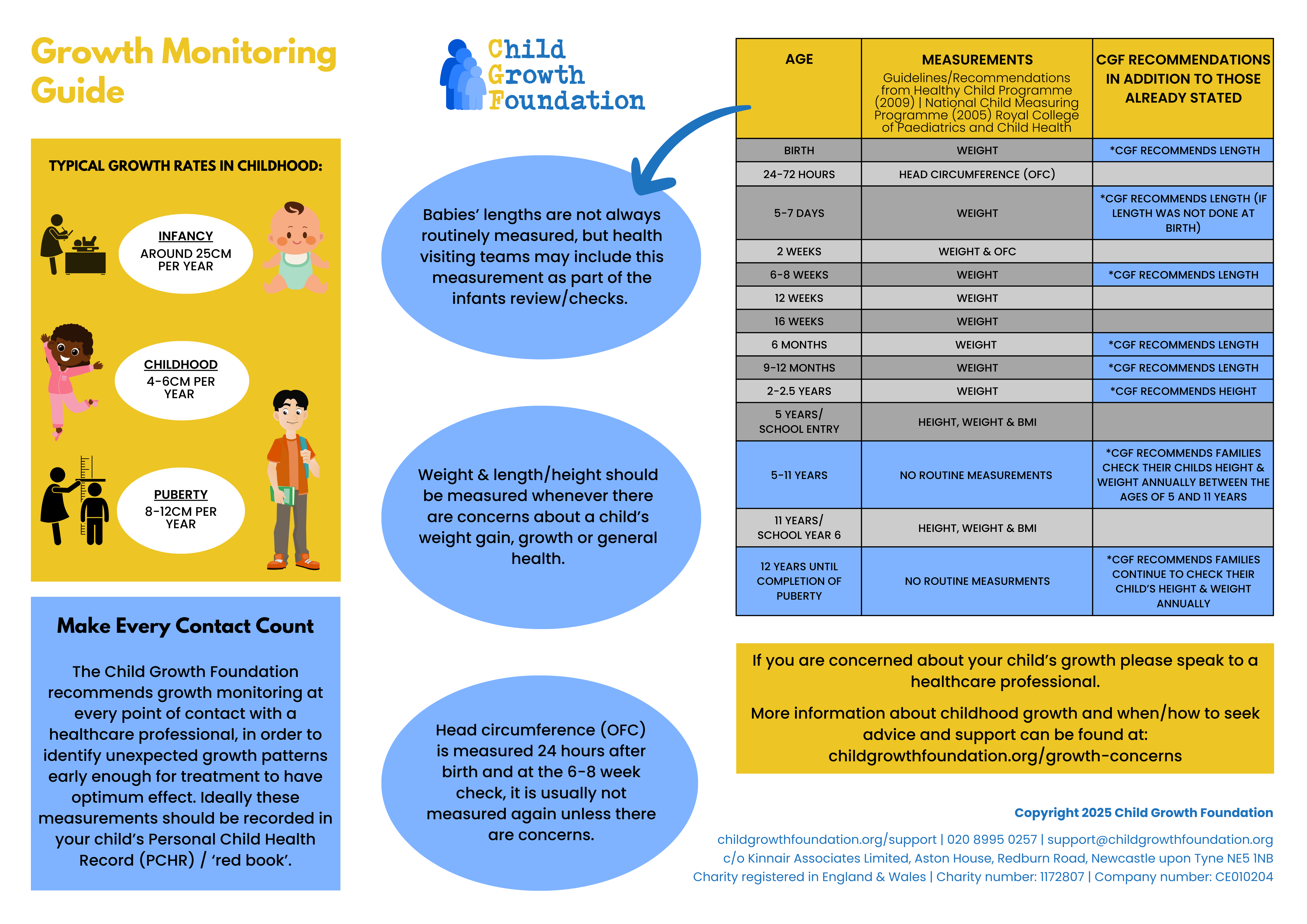Premature Sexual Maturation (including Precocious Puberty)
What is Premature Sexual Maturation
Premature Sexual Maturation (PSM) is a condition that affects the gonads, adrenal and other glands causing premature sexual maturation.
It is a general term and includes precocious puberty and other disorders. The precise reason for the occurrence is unknown but the hypothalamus and pituitary gland signals the reproductive glands to start making hormones at an earlier than normal age.
Why does it occur?
The hypothalamus (the area of the brain that helps control pituitary gland function) normally triggers the start of puberty by signalling the pituitary gland (a pea-sized gland near the base of the brain) to release the associated hormones.
For most girls affected by premature sexual maturation there is no medical fault, puberty starts early with no known reason why. For a very small number of girls it can be triggered by structural problems within the brain, such as a tumour, head trauma or infection.
In boys, the condition is less common and more likely to be related to another medical problem. In a very small number of boys it can be inherited from the father.
How is Premature Sexual Maturation diagnosed?
The early physical changes will be the primary indicator of PSM and which point a specialist (an Endocrinologist) should arrange some tests in order to make an accurate diagnosis. These tests will include blood and urine tests and additionally for girls a pelvic ultrasound. Depending on these results an MRI or CT scan of the brain may need to be done.
Signs and symptoms
Children with PSM and precocious puberty may be very large compared to their peers, but their growth stops at an early age, which means final height can be relatively short.
In girls puberty can occur between the ages of 8 to 14 and in boys from 9 to 14 so a sign of PSM would typically be the appearance of physical changes related to puberty prior to these ages.
A child with PSM will grow at a faster rate than normal and develops secondary sexual characteristics, such as pubic hair, penile enlargement or breast development, at an inappropriately early age. There may also be the early identification of ‘typical’ puberty signs such as body odour, acne and changes in body shape.
One of the biggest concerns in boys and girls experiencing PSM would be the social and psychological impact of going through puberty so early. It can be an extremely emotional time with the potential to isolate them from their peers and friendship groups.
Treatment and support
If treatment is required, then it is likely to be in the form of a hormone treatment aimed at suppressing the Gonadotrophin Releasing Hormone (GnRH) suppressing puberty and decreasing the rate of bone maturation. The condition may have an increased emotional or psychological impact on the child, so support in this area can be of benefit.
Please consider contacting our nurse led Support Line for support and advice.
Facebook Support Group
The CGF run a number of closed Facebook groups, providing peer support for people directly affected by growth conditions, their parents, family and friends.
These groups are a fantastic support tool.
Click the image to find the Premature Sexual Maturation/Precocious Puberty Facebook group.
Spotlight on: Precocious puberty
A spotlight on Precocious puberty was shared on our social media channels, and is available to read here on our website too.
Personal stories
Read about some of the personal experiences and stories from people affected by PSM.













